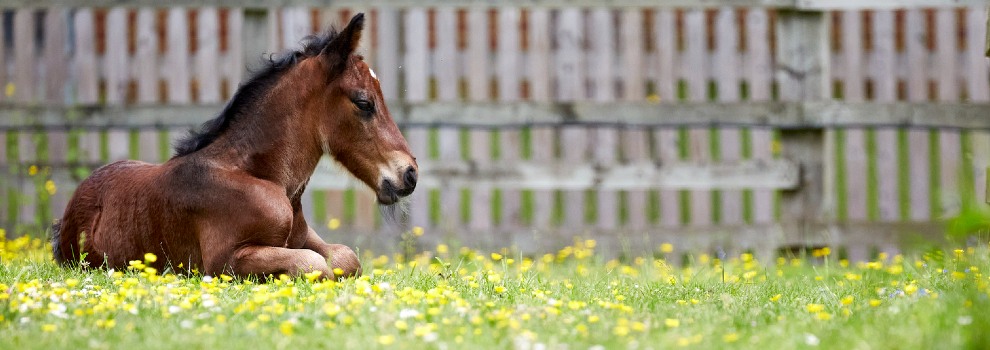- Find a Pet
- Advice and Welfare
- Ways to Give
- Get Involved
- What We Do
- Search
- My RSPCA
- Report a concern
- Gift in Wills
-
Colour modeVivid Calm
- Home
- Advice and welfare
- Pets
- Horses
- Health and welfare
- Identification methods
Horse microchipping and identification
There are three main ways to identify your horse or pony: hot branding, freeze marking and microchipping. Read this page to find out more about each method and learn which method is kindest to your horse.

Microchipping
Microchipping provides a guarantee of identity. Microchip implantation isn't pain-free, but it does appear to inflict less pain and suffering than hot branding or freeze marking.
From October 2020, microchipping has been a legal requirement for all horses, ponies and donkeys. The new Central Equine Database allows lost or stolen horses to be reunited with their owners more easily. It also allows local authorities and police to track down the owners of abandoned horses so that they can be penalised and the animals given the care they deserve.
Freeze marking
This involves a cold branding iron being held on the skin for 7-10 seconds in dark horses to make a white mark, or 12-15 in lighter horses to destroy the hair growth follicles and make a bald mark. Freeze marking may deter the theft of horses and ponies, which can lead to neglect, poor welfare and slaughter - but it can also cause significant suffering.
Hot branding
This involves the application of a very hot iron to the skin for several seconds or until the hide turns a light tan colour. This causes significant pain and suffering - more than freeze marking or microchipping. We believe that this pain and suffering is unnecessary, because there are effective alternative means of identification available that cause less pain.
Moorland ponies
We believe that moorland ponies shouldn't be hot branded. Instead, they should be fitted with a microchip, as this provides a guarantee of identity that's more reliable than hot branding. Freeze marking is often not suitable for moorland ponies, as they can't be held still for long enough.
Owners of moorland ponies should have them microchipped and use a collar with a permanent numerical, alphabetical or symbolic marking if they require visible identification.
Which identification method is best for your horse?
If you own a horse or pony, you should have them microchipped, as this is likely to be the least painful method of permanent identification.
If you're concerned about the possibility of theft, you may consider freeze marking, but you should be aware that it does cause some pain and suffering.
Horse passports
If you own a horse or a pony, or you're its main keeper, then you're responsible for making sure they have an up-to-date passport to identify them. Find more information on horse passports at DEFRA.
Find out more about the needs of horses and ponies: environment, diet, behaviour, company, health and welfare.



